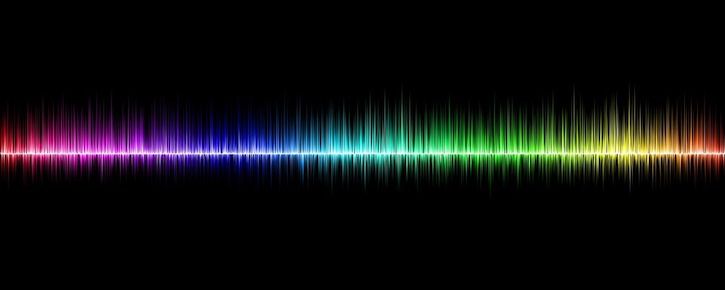Bose, an FDA Approval and the Changing High-Tech Hearing Aid Market
Bose’s medical device allows users to self-adjust the levels using a smartphone, highlighting how the digital transformation is touching hearing aids.

Bose recently received FDA approval to market a self-adjust hearing aid, boosting the tech credentials of the market.
A company best known for high-performance sound systems is getting into the high-tech hearing aid game.
Earlier this month, Bose received approval from the U.S. Food and Drug Administration to market a hearing aid. The product is the first FDA-approved hearing aid designed to allow the user to fit, program and control the hearing aid without the assistance of a medical professional.
The device was approved for patients ages 18 and older with mild to moderate hearing loss.
Malvina Eydelman, M.D., director of the FDA’s Division of Ophthalmic and Ear, Nose and Throat Devices (which is part of FDA’s Center for Devices and Radiological Health), said the device addresses a significant public health problem.
>> READ: Google Is Connecting Hearing Aids to Android Devices
“Today’s marketing authorization provides certain patients with access to a new hearing aid that provides them with direct control over the fit and functionality of the device,” she said in a press release.
The hearing aid is designed to pair with a smartphone. The Bose model is an air-conduction hearing aid, meaning it captures sound vibrations using microphones, then processes and plays back the sound through an earphone in the ear canal, according to the FDA’s description. The smartphone app will allow patients to make real-time changes to the hearing aid on a moment-to-moment basis, rather than needing to consult with a doctor or medical technician.
In evaluating the device, the FDA looked at data from 125 patients who tested the hearing aid. The data that suggested patients who used the self-programmed device achieved comparable success to patients who had their device fitted by a professional. They also found patients tended to prefer fitting and programming their device at home, rather than having to go to a medical clinic.
The product sits at an intersection of a couple of different technologies. Wireless earbuds, such as Apple’s AirPods, have brought headphones down to a size and shape that’s similar to hearing aids. Meanwhile, Bluetooth technology has made it possible to control devices wirelessly, leveraging the increasingly powerful computing capabilities of smartphones.
That convergence has led to the creation of products like Nuhear’s “voice amplifying headphones,” which promise benefits similar to a hearing aid, even though the devices aren’t explicitly marketed as such.
For its part, Bose is staying mum on the product. A spokesperson, Sandy Weiss, declined to discuss the device, but told Healthcare Analytics News™ the company intended to provide more information on its marketing plans in the future.
One reason for that silence could be the shifting regulatory framework for hearing aids. The FDA Reauthorization Act of 2017 directed the FDA to create a category for “over-the-counter hearing aids.” Under those regulations, hearing aid products could be sold directly to consumers.
However, the FDA is still in the process of drafting regulations to govern OTC hearing aids. Thus, it remains illegal for device manufacturers to label their hearing aids as “over-the-counter.”
The FDA sent a letter to hearing aid manufacturers in July warning them not to use the “OTC” label until the regulations are fully written and implemented.
“Currently, hearing aids continue to be restricted devices, for which sales must follow applicable federal and state requirements,” wrote William Maisel, M.D., MPH, chief medical officer at FDA’s Center for Devices and Radiological Health.
Bose has not said when its hearing aid will hit the market.
Get the best insights in healthcare analytics directly to your inbox.
Related
FDA Approves Wearable to Combat Opioid Withdrawals
Podcast: Match Made in Hospitals — Patient-Matching Technology Can Improve Healthcare
September 21st 2021Clay Ritchey, CEO of Verato, highlights the administrative and financial benefits that patient-matching technology can provide hospitals and health systems, as well as how it can improve the patient experience.
Podcast: Using Digital Solutions to Address Technology Shortfalls with Citius Tech Senior VPs
July 29th 2021In an interview recorded earlier this year, Chief Healthcare Executive Associate Editorial Director Mary Caffrey spoke with 2 leaders of Citius Tech about meeting healthcare challenges with digital solutions.